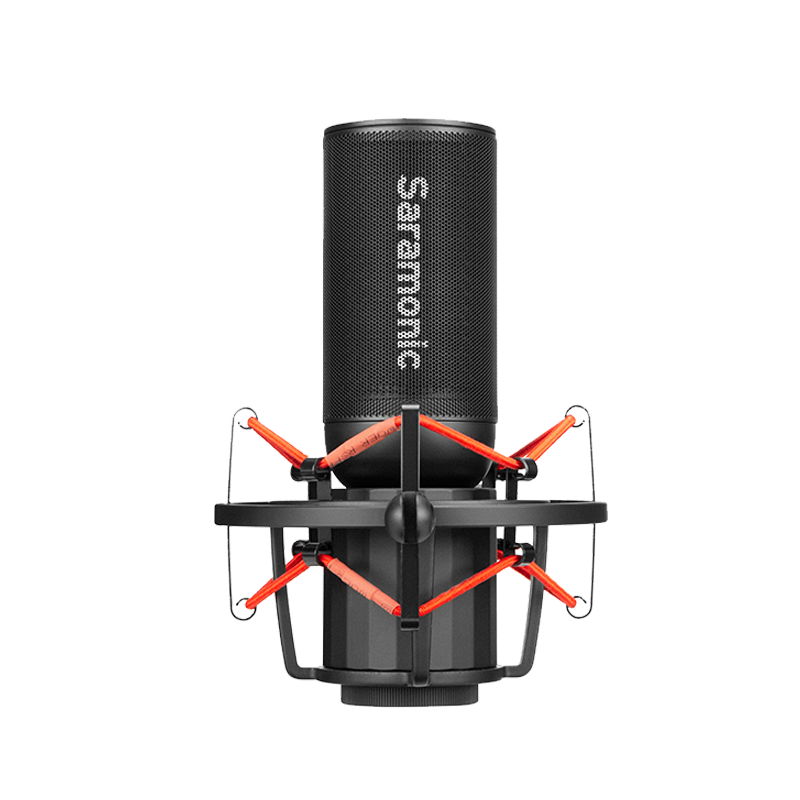Uncover the Hidden Gems: Discovering Top Microphone Companies for Your Studio Dreams!
When it comes to studio work, the importance of choosing the right microphone cannot be overstated. The quality of audio equipment can significantly impact recording projects, influencing everything from vocal clarity to the richness of instrumental sounds. A well-chosen microphone can capture the essence of a performance, while a poor one can muddle even the best efforts. With the growing diversity of microphone companies in the industry, it can be overwhelming to navigate through myriad options. This article aims to explore potential candidates for purchase or partnership, providing insights into the world of studio microphones and helping you make informed decisions.

Understanding the Studio Microphone Market
The studio microphone market has evolved remarkably in recent years, with technological advancements driving innovation and creativity. Today, the demand for high-quality audio is at an all-time high, thanks to the rise of podcasting, home studios, and professional recording environments. In this competitive landscape, it’s essential to look for microphone companies that have established a solid reputation, offer a diverse product range, and provide excellent customer support. When evaluating potential partners, consider how they align with current trends, such as the shift towards USB microphones for ease of use or the continued popularity of traditional XLR models among professionals. Understanding these market dynamics will enable you to identify companies that not only meet your audio needs but also keep pace with industry developments.
Criteria for Evaluating Microphone Companies
When it comes to evaluating microphone companies, several key factors should guide your decision-making process. Product quality is paramount; a company that prioritizes high standards in materials and manufacturing is likely to produce reliable equipment. Innovation is another important criterion; companies that are constantly evolving their products to incorporate the latest technology will often offer superior options. Customer reviews can provide invaluable insights into the user experience, highlighting both strengths and weaknesses. Finally, consider warranty policies, as a robust warranty can safeguard your investment and offer peace of mind. By focusing on these criteria, you can make informed purchasing decisions that enhance your studio's capabilities.
Top Features to Look For in Studio Microphones
When searching for the perfect studio microphone, various features are crucial to ensure optimal performance. Polar patterns are essential, as they determine how the microphone picks up sound from different directions. A versatile microphone with multiple polar patterns can be beneficial in various recording scenarios. Additionally, frequency response plays a vital role in sound quality; a microphone with a wide frequency range can capture more detail and nuance in recordings. Sensitivity is another critical factor; microphones with higher sensitivity can pick up softer sounds, which is particularly important in studio settings. Lastly, durability should not be overlooked; a microphone built to withstand the rigors of frequent use will serve you well over time. Understanding these features will help you select a microphone that meets your specific recording needs.
Exploring Notable Microphone Companies
As you delve into the world of studio microphones, several notable companies stand out for their exceptional offerings. Some companies specialize in vintage-style microphones that deliver a warm, nostalgic sound, while others focus on cutting-edge technology that incorporates digital enhancements. Unique selling points may include superior craftsmanship, innovative design, or a commitment to sustainability. Each company has its own niche, making it essential to explore what sets them apart from the competition. By identifying these key differentiators, you can better match your studio's requirements with the right manufacturer, whether you’re looking for high-fidelity recording options or budget-friendly solutions that don’t compromise on quality.
Final Thoughts on Selecting Microphone Partners
In summary, choosing the right microphone company for your studio needs is a critical step in achieving high-quality audio recordings. The insights provided in this article underscore the importance of thoroughly researching and evaluating potential partners before making a purchase. By considering key criteria, essential features, and notable companies in the market, you can better navigate the myriad options available to you. Ultimately, taking the time to understand your specific studio requirements will empower you to make informed decisions that align with your audio goals, ensuring your recordings resonate with clarity and precision.






